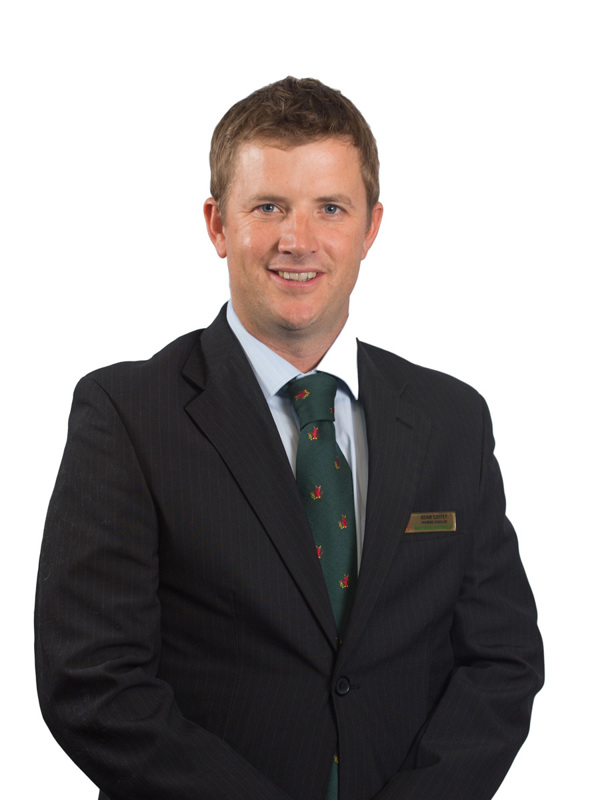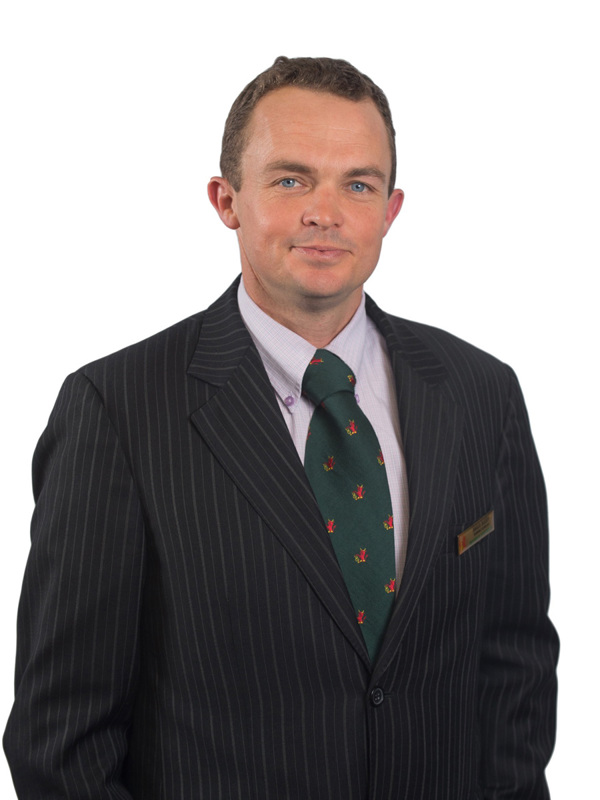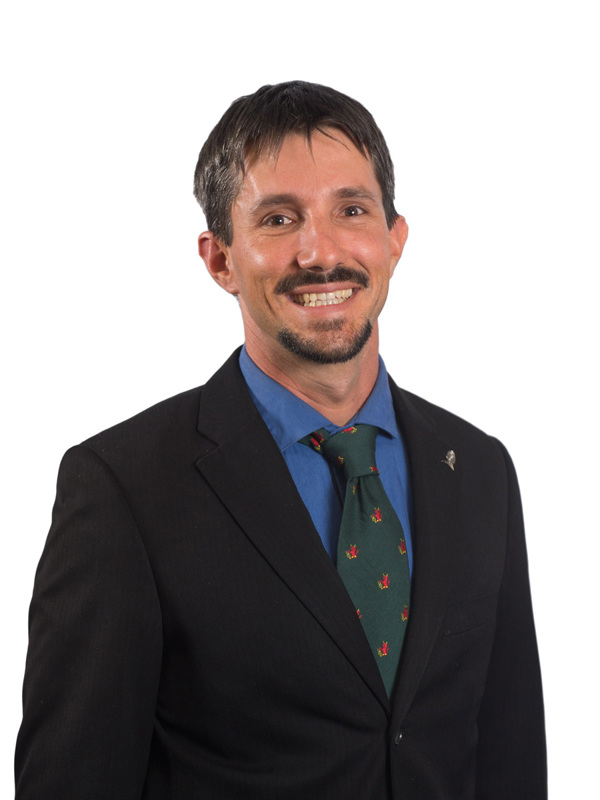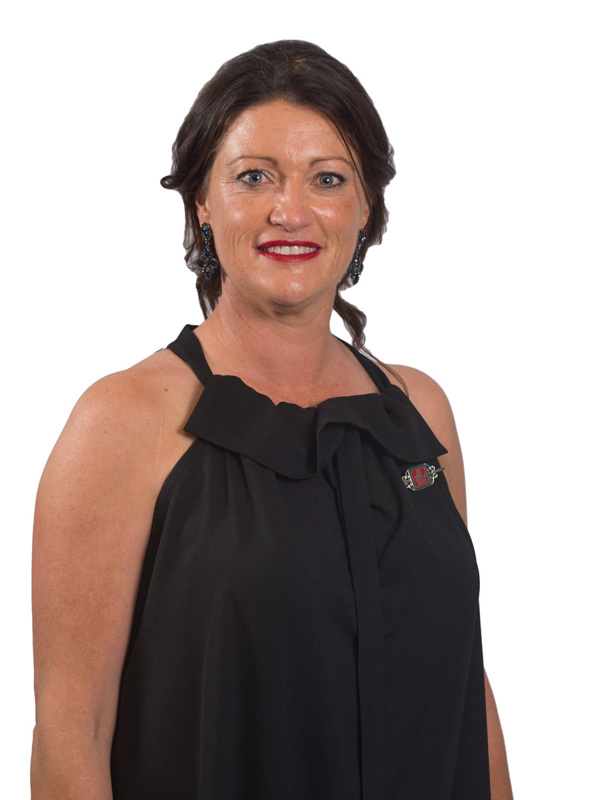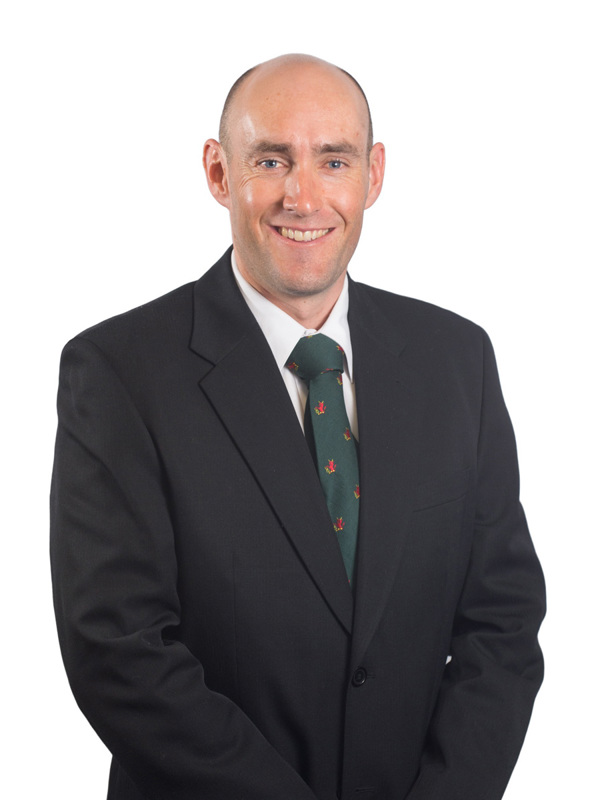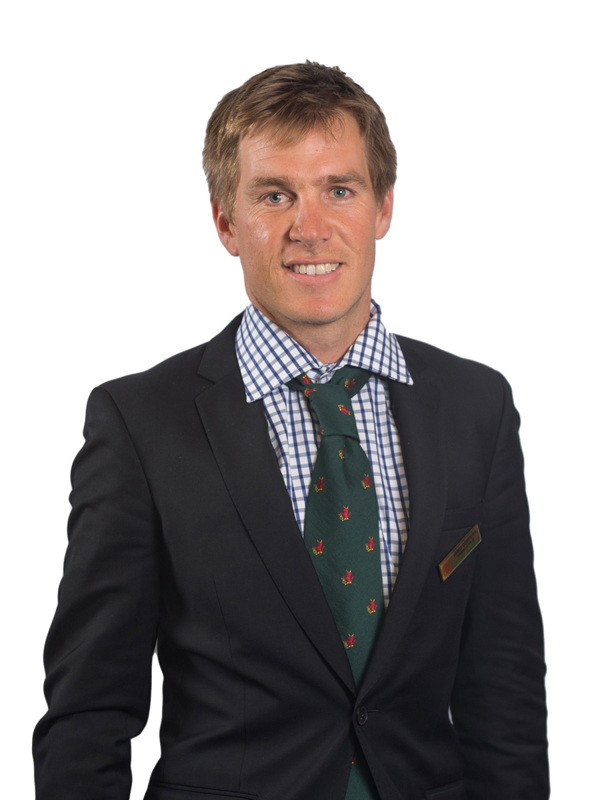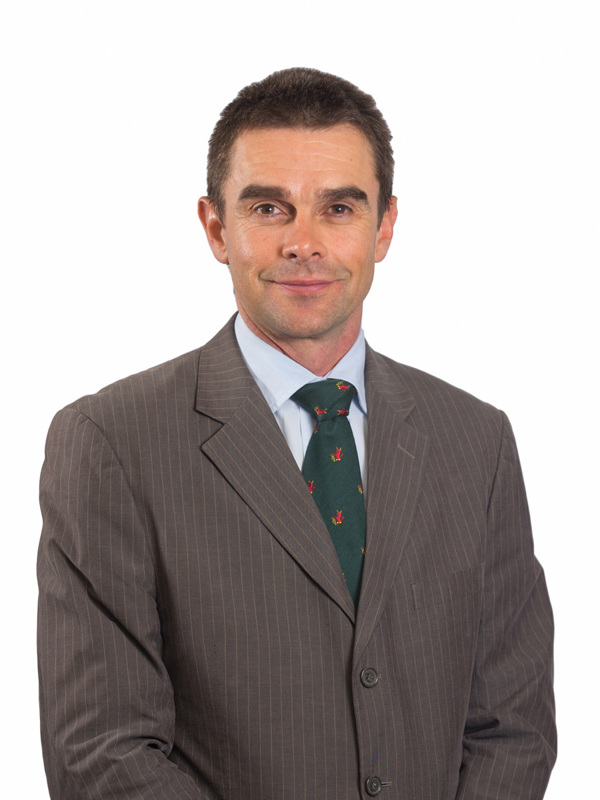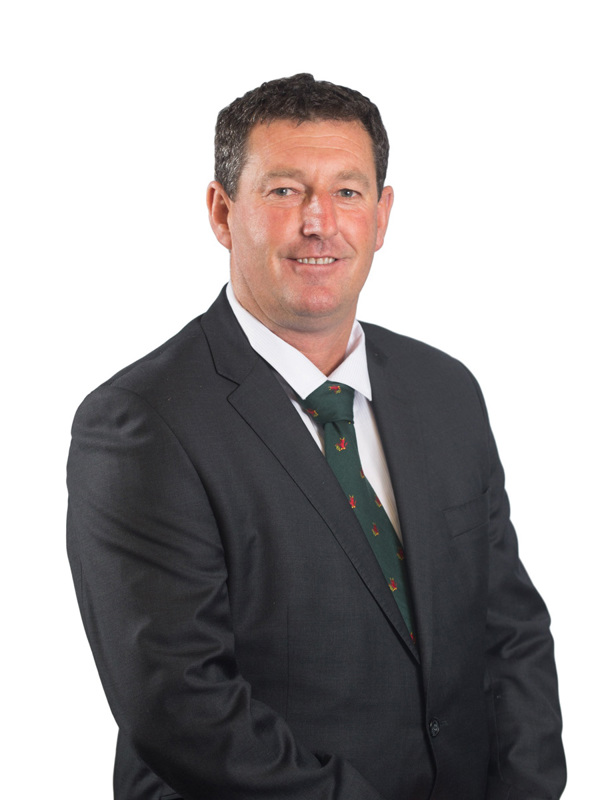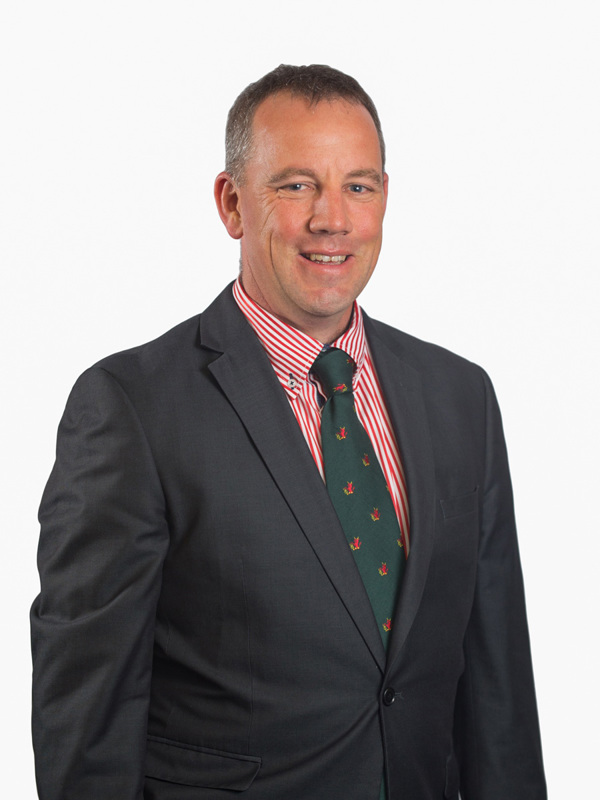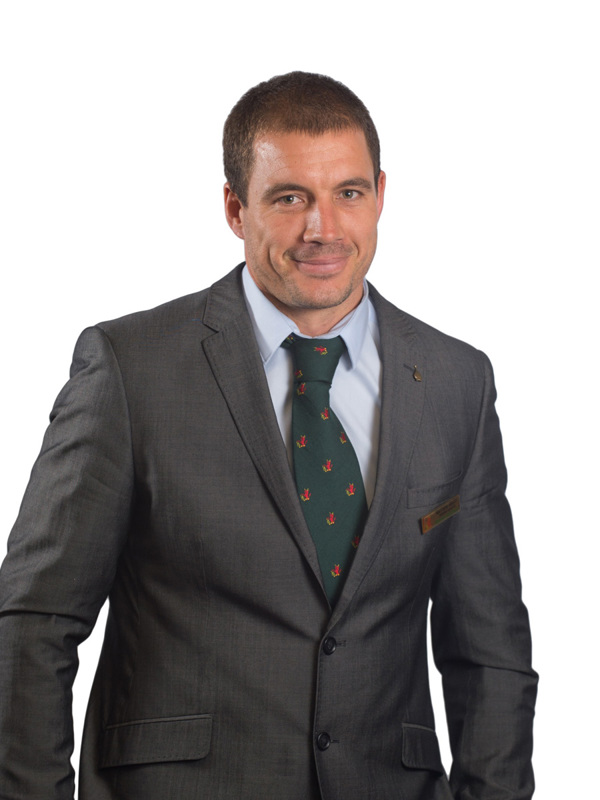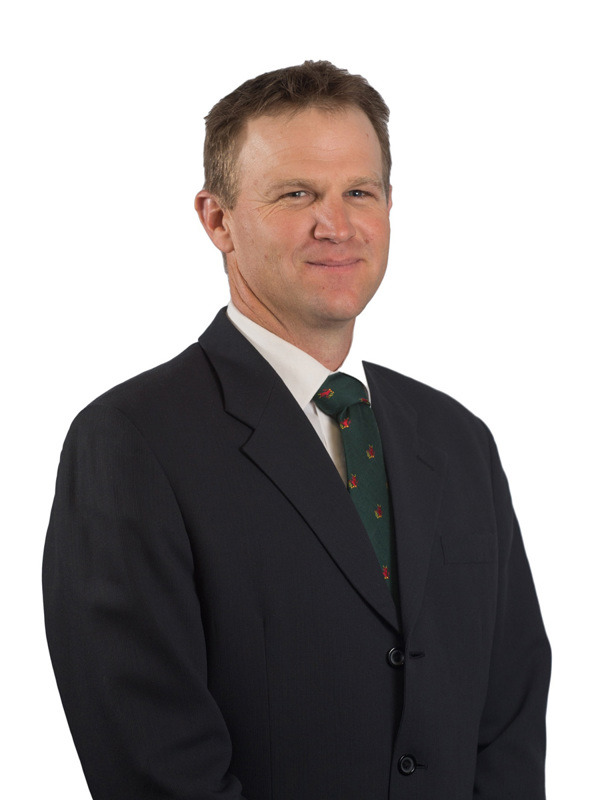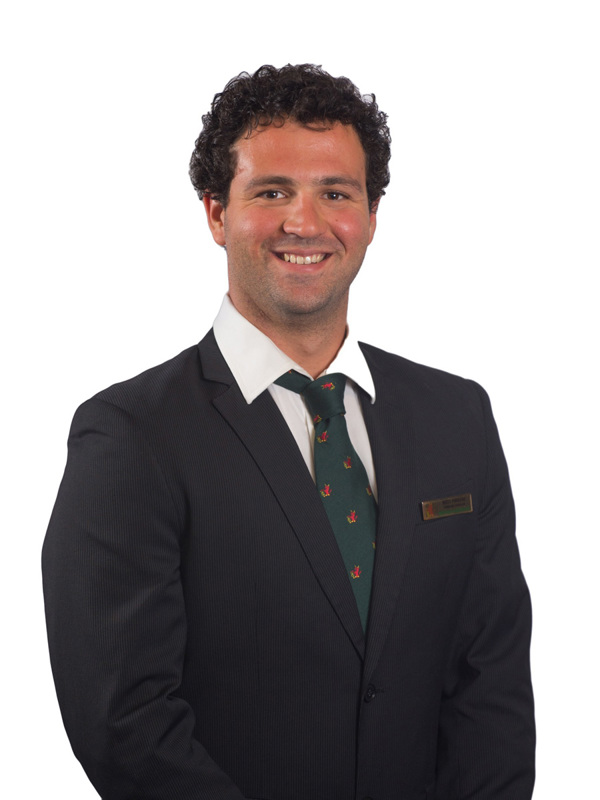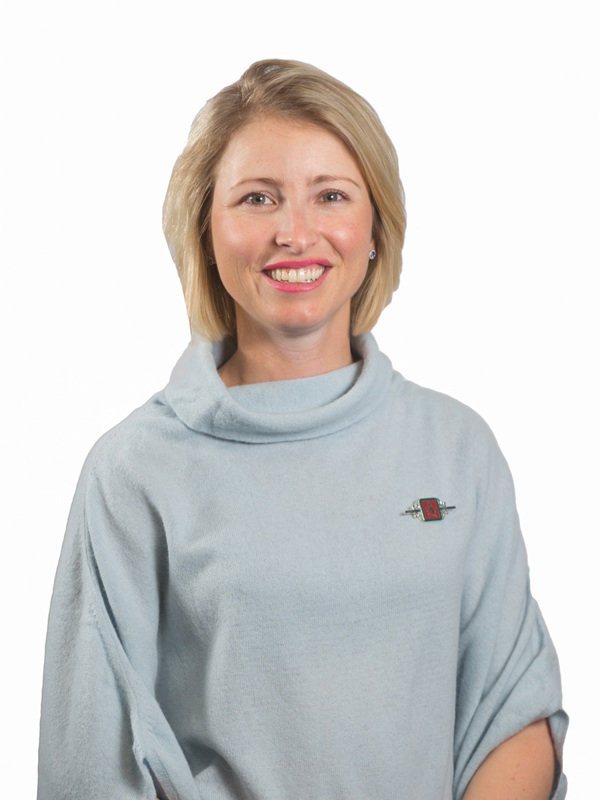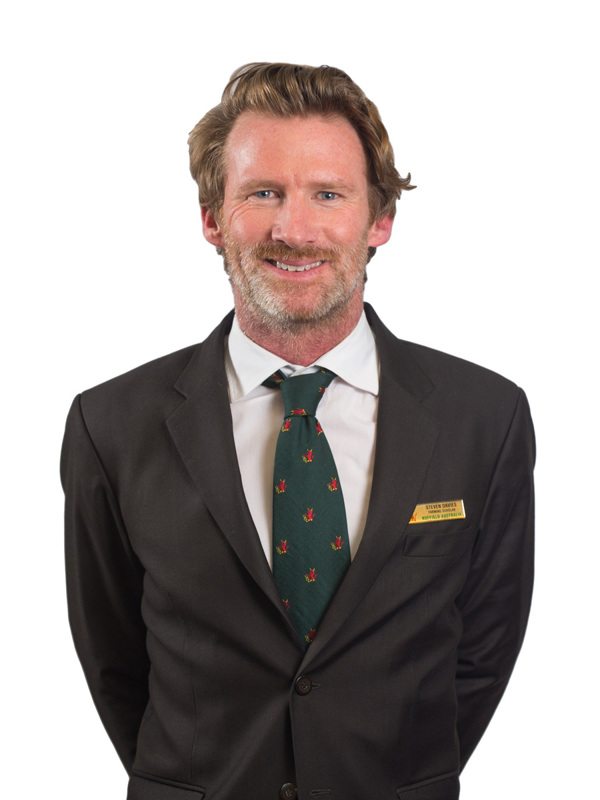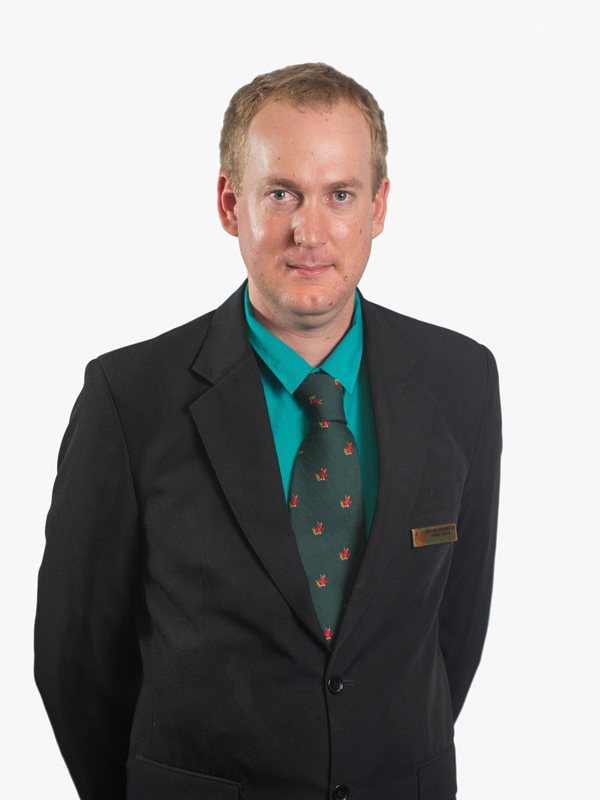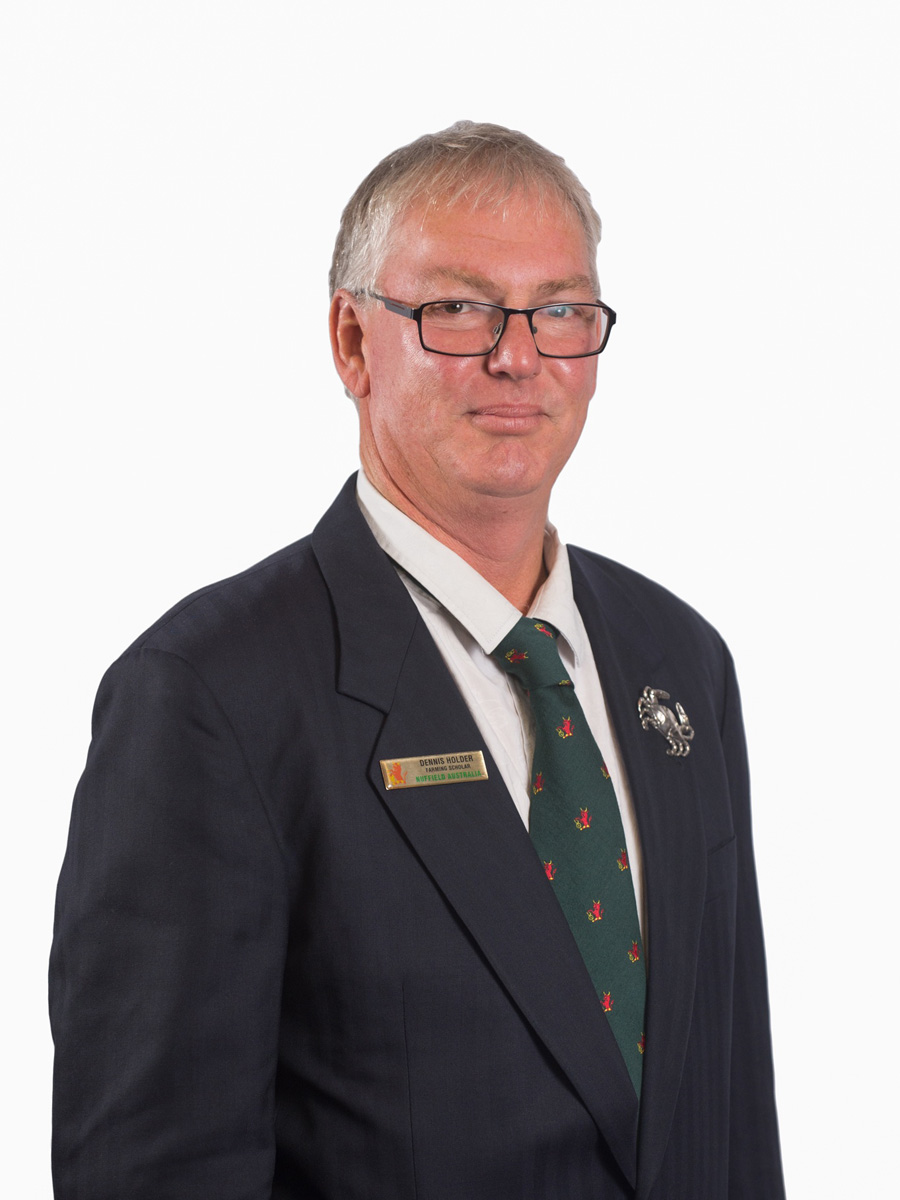
Dennis Holder

Nuffield Australia 2016 Scholar
Change needed if fishing industry to net benefits of new technology
The legislative framework surrounding commercial fishing in Australia must be reconsidered if the fishing industry is to benefit from modern technological advancements and attract and retain the younger generation. A report released by Dennis Holder reveals that commercial fishing businesses around the world are utilising new technology and harnessing significant reductions in operating costs, particularly in terms of maintenance and fuel consumption. With the generous support of the Fisheries Research & Development Corporation (FRDC), Mr Holder’s Nuffield research saw him travel throughout Scandinavia, Ireland, the United States, and Belgium where he saw firsthand the difference that advanced technology was making on commercial fishing enterprises there.
Mr Holder, who today runs a substantial blue crab fishing business from Gulf St Vincent in South Australia, was inspired to undertake his Nuffield research into modern fishing vessel technologies after feeling frustration at the pace of change in the domestic market, where little modernisation had occurred since the early 1990s.
“At the risk of generalising, it occurred to me that much of the commercial fishing market in Australia is made up of old men with even older boats. The majority of the fishing fleet is outdated, with most using old combustion engines that do not reflect the enormous improvements in power generation that have occurred over the past thirty years,” Mr Holder said.
“Electric and hybrid power systems have been successfully implemented in Scandinavia and other parts of mainland Europe, and the benefits being realised from these technologies are significant. For example, electric motors are more compact, allowing vessels to utilise smaller engine units and conserve space for additional cargo, catch or crew members,” Mr Holder said.
Beyond physical space, Mr Holder’s research revealed that efficiencies available from utilising newer technology could directly impact an operators’ bottom lines.
“The newest technology can yield an 80 per cent reduction in fuel cost and up to 50 per cent in maintenance costs. Additionally, it is cleaner and quieter, bringing clear benefits for occupational health and safety and the broader carbon footprint of the industry,” he said.
Mr Holder’s research features a Norwegian vessel called the Karoline, which since installing an 80 kilowatt electric motor has managed to reduce its diesel consumption by 200 litres per day, without compromising performance. Additionally, the Karolina saw marked reductions in maintenance costs, due to the more easily managed structure of the electric motor which has far fewer moving parts and suffers less heat damage. While initially the costs of acquisition and installation of these newer technologies can seem prohibitive, Mr Holder found that the resulting reduction in maintenance costs, increased fuel and oil efficiency and longer life spans allowed for costs to be recuperated fairly quickly.
“It’s also on the cost front that there is a real need for industry, government and regulators to come together and support innovation and modernisation in Australian fishing. There are myriad ways that the industry can start to modernise. For example, fiscal government incentives to help businesses meet initial installation or renovation costs could be implemented. The future of the Australian fishing industry depends on its modernisation. We need to protect and promote our clean, green image, ensure the sustainability of the environment and attract younger participants who will foster the industry into the future. After all, wild caught fish are an integral part of food security throughout the world, and the industry should be valued as such. If industry is supported and encouraged to adopt new technologies, then it will be equipped to play its part in the future, sustainable supply of this precious resource.”
